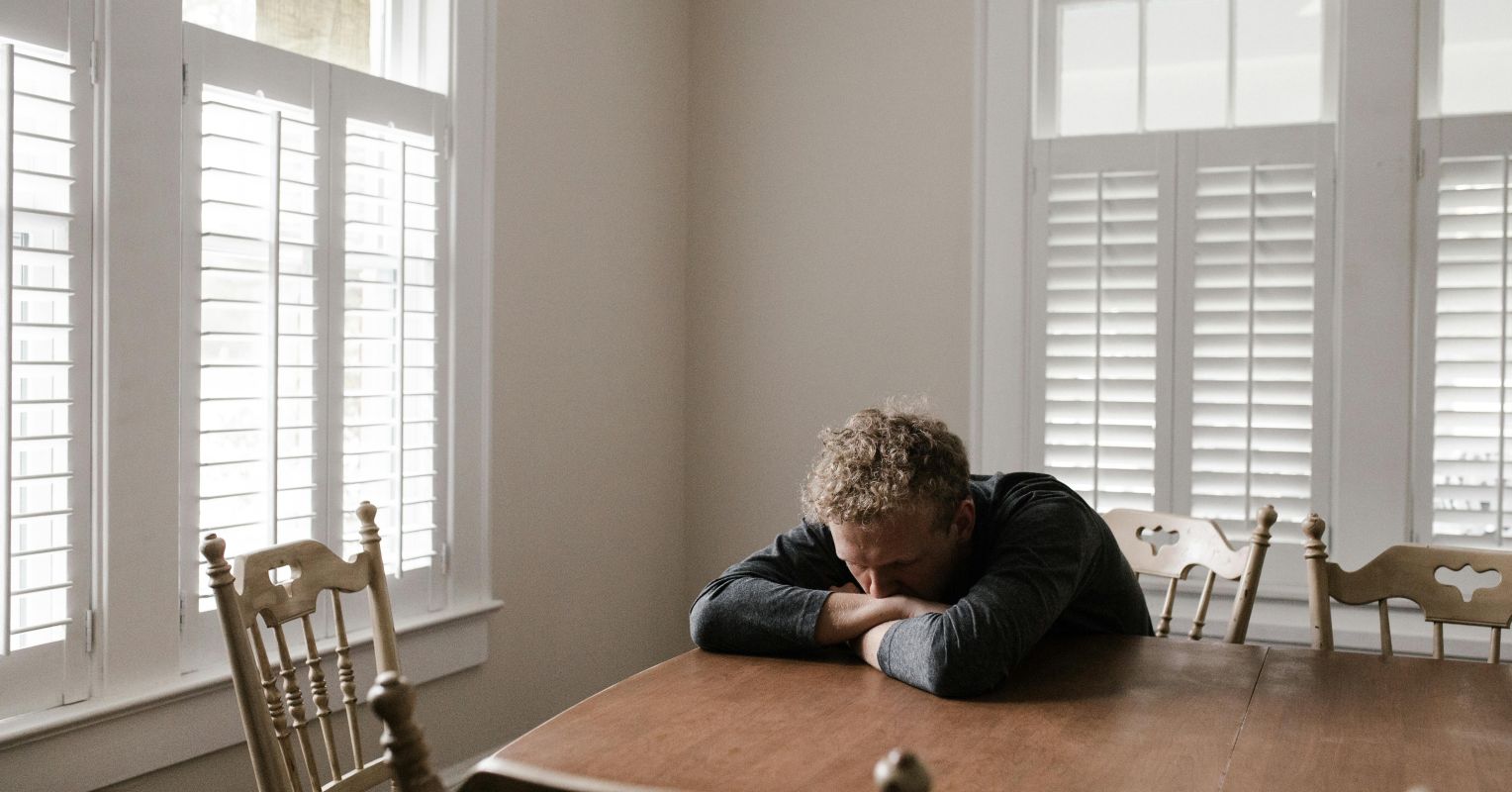#mens-mental-health
#mens-mental-health
[ follow ]
#masculinity #mental-health #movember #depression #loneliness #emotional-support #behavior-change #shame-and-guilt
fromwww.mediaite.com
2 weeks agoMatt Walsh Instructs Men to Never Reveal Their Most Intimate Feelings' to Their Wives Because They'll Look Weak
He said it would not even be wise to share something like that with your spouse. Now she thinks less of you, and she always will. She's not going to be able to get that out of her head, Walsh said. She might pretend to be sympathetic, or maybe she won't even pretend. What do you want? She's gonna pat you on the head? He continued, She's going to think less of you, and the same goes for anyone you divulge this information to.
Right-wing politics
fromPsychology Today
2 months agoWhat Depression in Men Really Looks Like
When we think of clinical depression, we usually think of sadness, anxiety, poor motivation, the "blahs," guilt, and negativity. These all have the negative inclination that characterizes depression. We may also think of women as they are subject to depression more often than men. Depression in adult men is frequently quite different. As an example: A man who is usually calm and even tempered, becomes irritable, prone to anger, criticism, disparaging remarks and cynicism. He does not show emotions such as sadness, pessimism and guilt.
Mental health
fromPsychology Today
2 months agoHow Embracing Vulnerability Redefines Strength
Declared cancer-free shortly after, he has faced major adjustments since: learning to manage a neobladder, coping with incontinence (for which he has partnered with Depends to help destigmatize), and rebuilding his strength after additional surgeries to address blood clots. True to form, Sanders has met each of these health challenges with transparency and tenacity. He even keeps a portable bathroom on the sidelines, joking that adaptability is part of his playbook now.
Wellness
Mental health
fromLondon On The Inside
3 months agoKelly's Cause Is Hosting an International Men's Day Event On Mental Health
Kelly's Cause hosts a male-identifying-only International Men's Day event offering lived-experience testimony, open peer discussion, onsite therapy, and optional donations split with Cameron's Companions.
fromwww.theguardian.com
4 months agoDad was extraordinarily selfless, disciplined and stoic. Until it all got too much
Every day, around nine Australians end their lives; three-quarters of them are men. That is a shocking statistic. But nothing can prepare you for the shock when that statistic includes someone you love. One day in mid-2013, my dad became one of the nine. After doing a heroic job bringing up five kids and helping raise a growing collection of grandkids, he killed himself in the garage of his rented Kirrawee home. It broke me in ways I am still dealing with.
Mental health
Mental health
fromwww.theguardian.com
5 months agoMiddle-aged men are among society's loneliest people what does that say about the patriarchy? | Van Badham
Male friendship networks have shrunk significantly, increasing isolation and serious health risks, requiring improved social infrastructure to support men's friendships and reduce loneliness.
fromwww.theguardian.com
5 months agoMen's circles are helping rural Australians express their emotions but experts say more support is needed
Peter Farlow emphasizes the importance of emotional conversation among men, highlighting how seeking help was difficult for him due to the lack of dialogue about feelings.
Mental health
[ Load more ]





